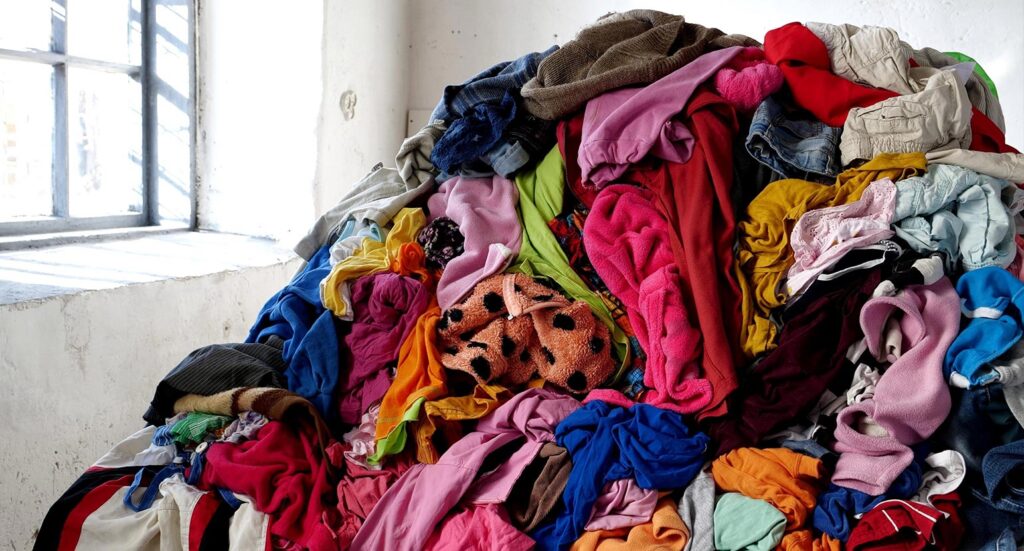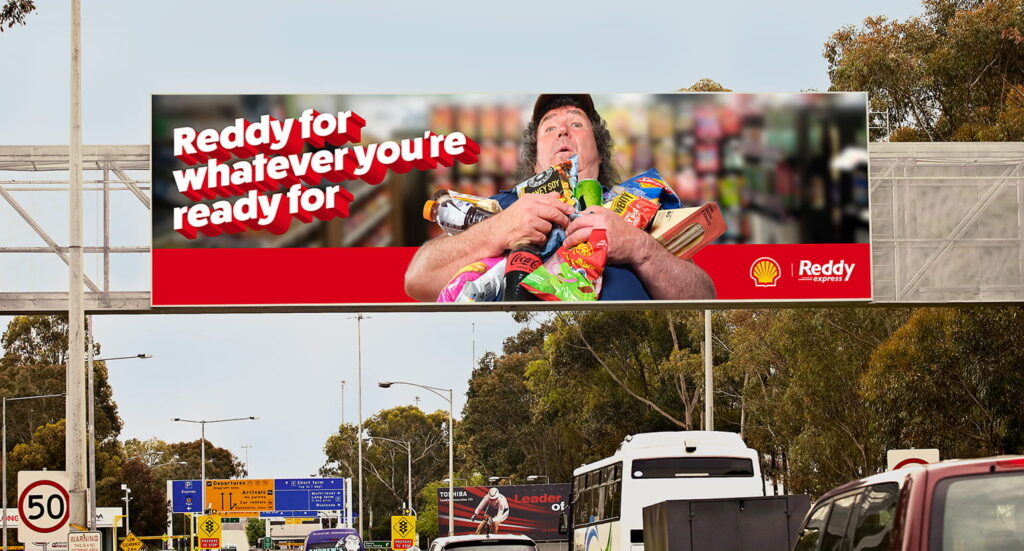This week, France announced legislation to “limit the excesses of ultra-fast fashion”. Key measures include a ban on advertising for cheap textiles and an environmental charge on low-cost items. While the proposed laws need to pass a vote in France’s senate, they signal an increased need for focus on sustainability in the retail industry.
It’s a trend that’s also playing out close to home with Roy Morgan’s Future of Australian Retail address highlighting the dichotomy between the $8 billion in sales cheap offshore marketplaces are sucking out of the market versus the increase in people wanting to shop more ethically and sustainably while still looking for quality.
According to Roy Morgan data, the attitude of Australian consumers is shifting towards the circular economy with 34 per cent of Australians both buying and selling second-hand items.
Traditionally, shopping more sustainably and saving money have been key drivers behind buying second hand but the research found the cost-of-living crisis has one in 10 Aussies doing it out of necessity.
Full disclosure, I have a bit of a shopping addiction. Not the risk your mortgage payment kind of addiction – more the ‘I shop because it makes me feel good’ kind. However, over the last 12 months, like most people, my shopping behaviours and patterns have changed a lot.
I don’t recall ever clicking on a Temu or Shein ad or putting anything in my shopping cart. And given Roy Morgan says these two brands are among the top five most distrusted retail brands in the country, I’m probably not alone. But, with an aggressive spend on social media, they are hard to ignore. Cue the damn Temu ‘shopping like a billionaire’ jingle that you can’t get out of your head once you’ve heard it.
With fast fashion off the table for many, shoppers – and retail brands – are getting creative like locally owned, fashion re-sell business, a new favourite of mine, Love it Longer, on leafy Rathdowne Street in Carlton North, Victoria.
Love it Longer opened in 2022 and is co-owned by a family with a long history in fashion, Giulia Ferrari, sister Mattia and mum Armanda. They describe their business as, “A showroom filled with pre-loved designer clothing and accessories where carefully curated designer pieces are taken on consignment.” I’d describe it as more of a fashion lover’s candy store, filled with guilt-free permission to shop for stuff that makes you feel good.
This past weekend, I popped into the store and observed plenty of lovely women of all ages and demos grabbing these pre-loved designer goods that they’re getting for about half the price.
That excitement and the love of shopping is still there. This is not about feeling like they’re missing out or downgrading. It’s more about feeling like you’re being smart with your money. As Australian Retailers Association chief Paul Zahra so eloquently stated during Roy Morgan’s Future of Retail address, “Even the rich want to save.”
It’s not just designer fashion that’s doing a roaring trade in resale. Online consignment store ThredUp’s Resale Report found the global secondhand market is set to nearly double by 2027, reaching US$350 billion with the resale market growing three times faster than the apparel market.
So where does this leave traditional retailers? Well, some are already tapping into this trend.
Country Road was one of the first major fashion retailers to dip its toe in circular fashion working with the Red Cross via the Fashion Trade concept since 2011 where customers receive a $10 gift voucher when they donate pre-loved Country Road items.
In the UK, Selfridges has taken its sustainability commitment to a new level launching ‘ Reselfridges’ where the brand offers both re-sell and repair services. Selfridges is aiming for almost half of its interactions with customers to be based on resale, repair, rental or refills by 2030.
And back home, David Jones has Reloop, a platform that helps shoppers to buy and sell designer fashion. After purchase, you can upload your items to the Reloop platform and when you’re done with them, you can resell them.
As retailers and re-sellers grow in this space, more options will make it easier for customers to shop better. And for retailers not yet on this journey, it’s time to work out how you can join in. The key is to be part of the solution.
Educate customers on the benefits of renting, reselling and donation options. Review your sustainability strategies. How can you create the right business model that capitalises on this opportunity while taking care of the environment? Plan for sustainable brand and business growth with the same velocity, speed to market and exclusives as your regular product lines.
As France leads the charge on curbing fast fashion, and big retailers like Selfridges pivot towards circular models, the future is looking decidedly sustainable for fashion retailers. Here’s hoping this is a way to reverse the decline of the high street. My shopping addiction is depending on it.




